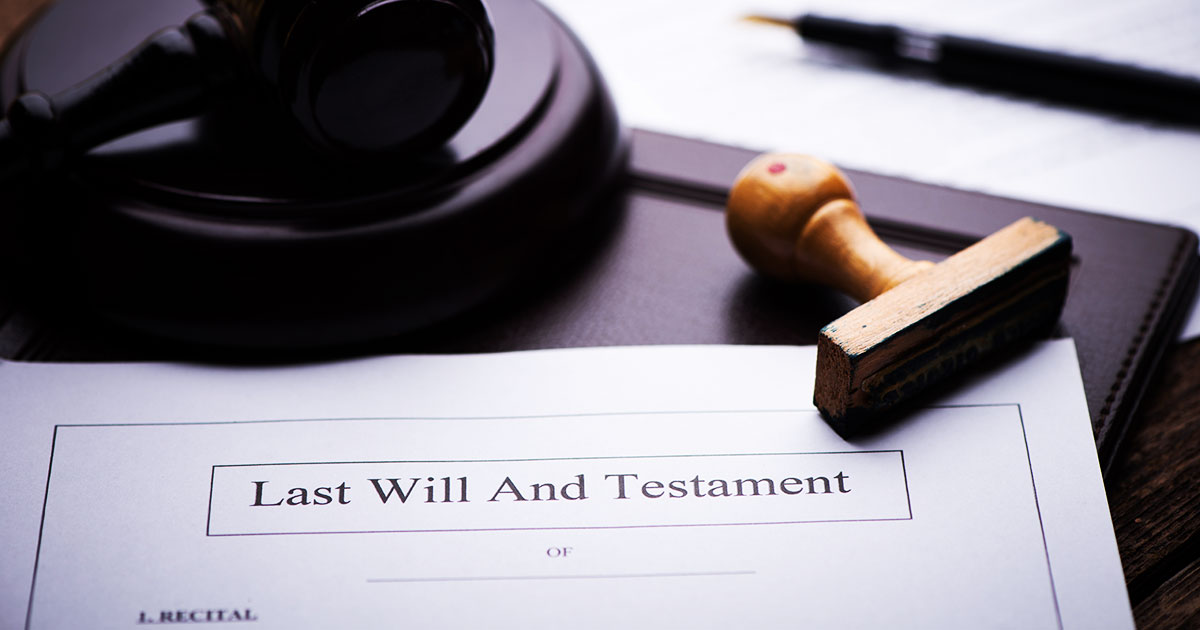Writing your own will is a significant step in estate planning, allowing you to express your final wishes clearly. This article explores the feasibility and legal intricacies of creating and notarizing your own will.
Legal Requirements for a Will
A will must meet certain legal criteria to be considered valid. These include the testator’s capacity (understanding the implications of creating a will), testamentary intent (the intent to distribute assets), and proper execution (writing and signing the will in the presence of witnesses). The specifics can vary by state, so it’s crucial to understand your jurisdiction’s requirements.
The Role of Notarization in Wills
Notarization is not mandatory for a will’s validity but serves as a fraud-prevention measure. It involves a notary public verifying the identity of the signer and the authenticity of the signature. While not a legal requirement, notarization can simplify the probate process, especially in states recognizing self-proving affidavits.
Choosing an Executor and Guardian

Selecting a reliable executor is critical as this individual will manage your estate after your death. If applicable, appointing a guardian for minor children is also essential. The chosen individuals should be trustworthy and capable of handling these responsibilities.
Witness Requirements for a Last Will
Most jurisdictions require at least two competent witnesses who are not beneficiaries of the will. They must be present during the signing and provide a statement confirming the testator’s sound mind and voluntary signing of the will.
Key Elements to Include in a Will
A comprehensive will should include the legal names of guardians and beneficiaries, a detailed list of assets, and the signatures of the testator and witnesses. Clarity and specificity are crucial to prevent confusion and disputes.
Special Considerations When Writing a Will
When drafting a will, consider unique family dynamics, the care of minor children and pets, and any conditions you wish to impose on heirs. Addressing these issues with precision can avoid legal complications later.
Risks and Challenges of Self-Written Wills
Self-written wills can be prone to misunderstandings, lack of legal thoroughness, and increased risk of disputes. Professional legal advice can help mitigate these risks by ensuring all legal and tax implications are adequately addressed.
How to Get Your Will Notarized
Finding a notary is usually straightforward and can be done through banks, courthouses, or online services. Bring a government-issued ID and your witnesses, if necessary, to complete the process. Notarization typically involves verifying identities and signing the will in the notary’s presence.
Conclusion and Further Guidance
Creating and notarizing your own will is possible, but it’s essential to understand the legal nuances involved. For complex estates or unique family situations, consulting with a legal professional is advisable to ensure your will accurately reflects your wishes and adheres to legal standards.









Leave a Reply